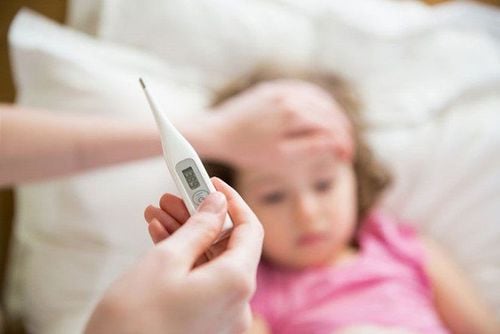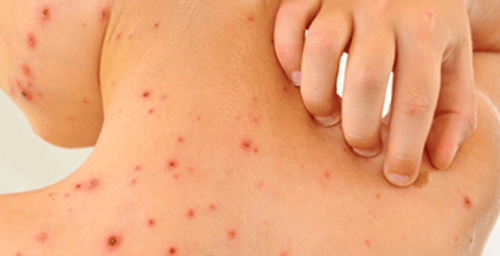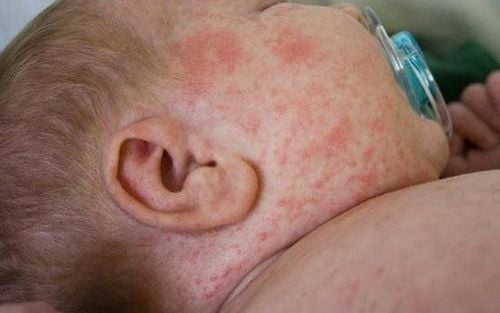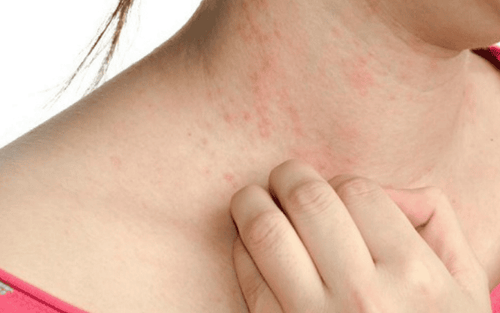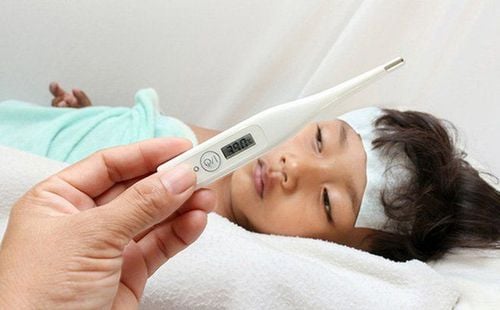This article was professionally consulted with MA Nguyen Thi Nhat, an Infectious Diseases Doctor at the Department of Examination & Internal Medicine at Vinmec Hai Phong International General Hospital.
Dengue fever is a disease caused by a virus that can lead to periodic outbreaks. If not treated promptly, it poses a significant risk of death. Many people are curious about the timeline of the disease, how long it takes, and how to get dengue fever from a mosquito bite. And what the incubation period for the illness is.
1. Overview of the dengue fever in our country
In Vietnam, dengue fever infection is unstable. The peak period for dengue fever outbreaks typically occurs from 6 -10 each year. Dengue fever has been increasing steadily, from more than 24,000 cases in 2000 to nearly 70,000 cases in 2011. More than 85% of dengue cases and 90% of deaths occurred in the southern provinces of our country. Of these, about 90% of total deaths due to dengue fever are in children under 15 years old. The positive thing is that Vietnam has made efforts to reduce the mortality rate due to dengue fever, which is less than 1/1000 from 2005 to the present.
2. How long does getting dengue fever from a mosquito bite take?
Regarding the question of how long dengue fever incubates after being bitten by a mosquito, doctors say that from the time of viral infection by a mosquito bite, the patient will experience an incubation period of 3 - 14 days (average is about 4 - 10 days).
After the incubation period, dengue fever begins to break out with initial symptoms, however, the symptoms of dengue fever are not specific but similar to the flu. Patients often have a persistent fever from 2 days to 1 week, gradually decreasing when the virus is no longer in the blood. In addition to a high fever above 40oC patients may experience at least 2 of the following symptoms:
- Headache
- Pain behind the eye socket
- Nausea, vomiting
- Swollen lymph nodes
- Muscle, bone or joint pain
- Rash or itching.
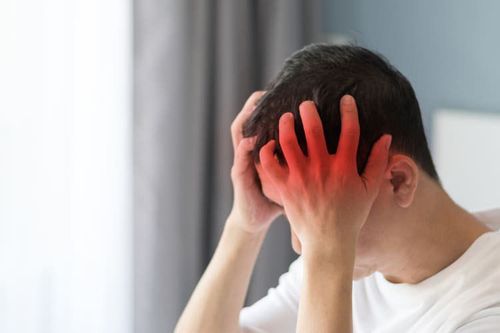
Next is the hemorrhagic stage. This severe period usually occurs in 3 - 7 days from the onset of the disease, and dangerous complications may appear. A decrease in body temperature does not mean that the patient is recovering. On the contrary, it is necessary to monitor the following warning signs of the disease progression:
- Acute abdominal pain
- Prolonged vomiting
- Bleeding gums
- Vomiting blood
- Rapid breathing
- Fatigue, restlessness
If suspected, the patient exhibits symptoms of severe dengue fever, progressing to the hemorrhagic period, the patient should be taken to the nearest medical center for emergency treatment. If delayed, the patient may encounter risks such as:
- Plasma leakage causing shock or fluid retention, accompanied by respiratory failure
- Severe bleeding
- Severe multiple organ failure.
Shock due to severe dengue fever is a disease that has progressed to cause circulatory failure, hypotension, and narrow pulse pressure (the difference between systolic and diastolic is less than 20mmHg). Finally, shock will lead to rapid death (8 - 24 hours after the appearance of signs of circulatory failure) if not treated promptly.
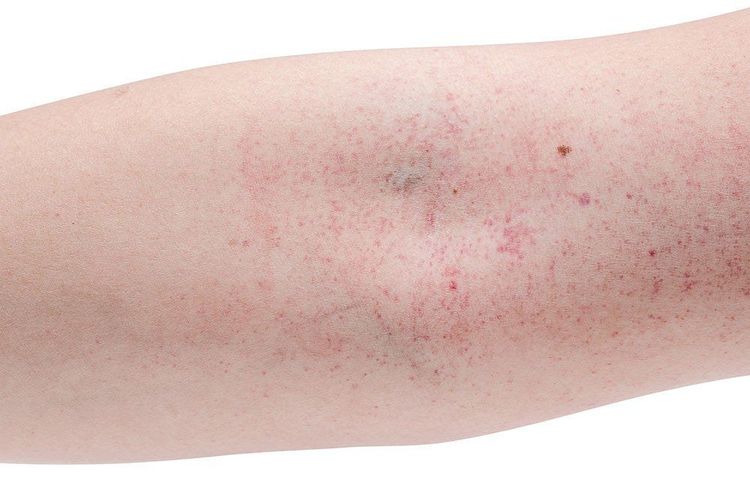
3. How to prevent dengue mosquitoes
Reducing the source of infection by eliminating the breeding and egg-laying mosquitoes is the best way to prevent dengue fever. When the number of eggs, larvae and pupae is reduced, it will lead to a reduction in adult dengue mosquitoes, thereby reducing the level of dengue fever transmission. Some useful tips for disease prevention are as follows:
- Prevent mosquitoes from laying eggs by cleaning up the environment that is favorable for mosquito breeding, for example, domestic water containers must be covered or stagnant water must be removed
- Carefully clean water containers every week to remove mosquito eggs, preventing eggs, larvae or pupae from growing into dengue mosquitoes
- Properly dispose of waste, remove artificial habitats for mosquitoes
- Add salt or suitable insecticides to outdoor water containers
- Protect yourself and your family from mosquito bites by sleeping under mosquito nets, wearing long-sleeved clothes, using mosquito repellents, etc.
- Awareness, propaganda and calling on everyone to participate in fighting dengue fever
- Spraying insecticide to kill dengue mosquitoes during outbreaks is an urgent control measure
- Detect clinical symptoms and monitor dengue patients to reduce mortality due to severe disease.
Above is information about the characteristics of disease vectors, how long dengue fever incubates after being bitten by a mosquito, and preventive measures. The progression of dengue fever is quite complicated, the prognosis is difficult, and it can become severe at any age and time. Therefore, don’t be biased when discussing this disease, but go to a medical facility immediately when there are suspicious signs to be diagnosed and treated properly.
To arrange an appointment, please call HOTLINE or make your reservation directly HERE. You may also download the MyVinmec app to schedule appointments faster and manage your reservations more conveniently.





